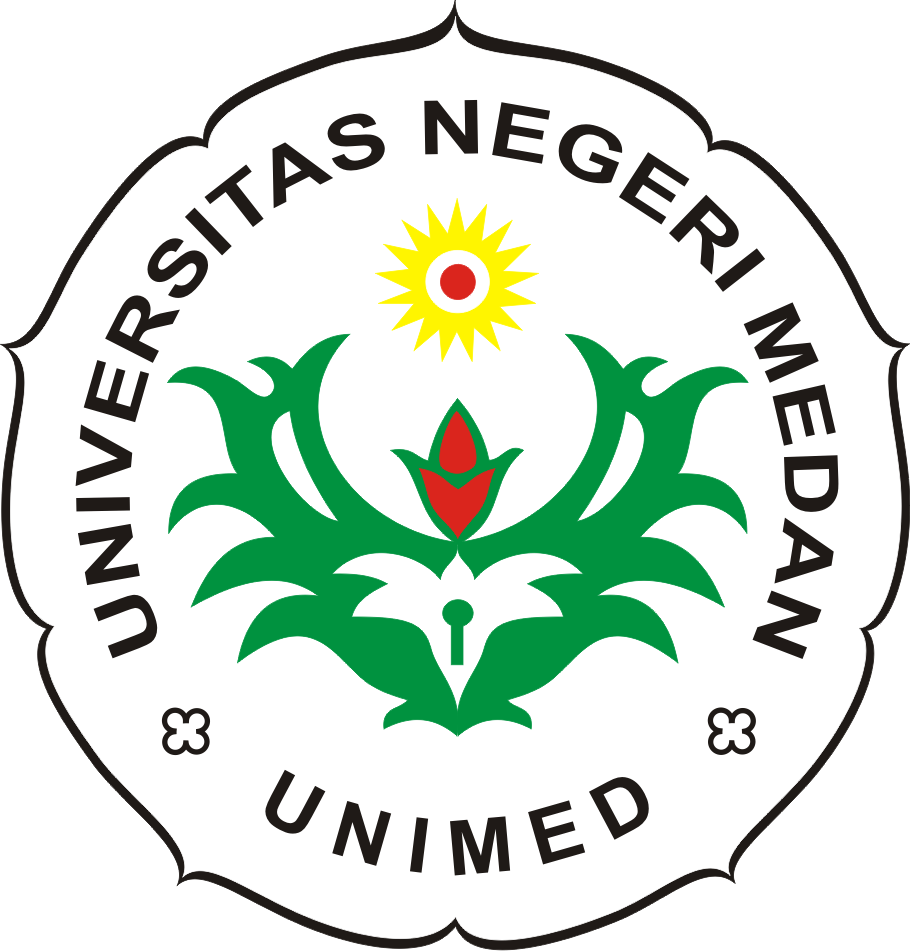IMPROVING STUDENTS™ WRITING ACHIEVEMENT ON RECOUNT TEXT THROUGH PEER RESPONSE TECHNIQUE
DOI:
https://doi.org/10.24114/reg.v2i3.662Abstract
The objective of this study is to improve the students™ speaking The main objectiveof this study is to know how effective the use of Peer Response Technique in teachingwriting recount texts is. This study was conducted under the consideration that thestudents often get difficulties in retelling events in their own activities. In order toachieve the objective of the study, the writer designed an action research. The subjectsof this study was the first grade students of SMA An-Nizam Medan. The number of thesubjects of this study was 27 students. During the research, the students becoming thesubjects were taught by using Peer Response technique in teaching writing recounttexts. There were two cycles in this action research. Each cycle consisted of four phases.Before giving treatments in those two cycles, the students were given pre-test. Aftereach treatment in each cycle, the students were tested. And the last, they were givenpost-test and questionnaire. The result of this research showed that the students™ abilityin writing recount texts improved after a series of treatments given in the cycles. It canbe seen by comparing the means of their tests. The mean score for the pre-test was56.96, the mean score for test 1 was 69,85 while the mean score for the post-test was78,11. It is clear that after applying Peer Response Technique in each treatment, themean of each test improves and gets better. The use of Peer Response technique is oneof the ways to make students interest in studying English especially writing recounttext.Downloads
Published
Issue
Section
License
Authors who publish with this journal agree with the following terms:
- Authors retain copyright and grant the journal right of first publication with the work simultaneously licensed under a Creative Commons Attribution License that allows others to share the work with an acknowledgment of the work's authorship and initial publication in this journal.
- Authors are able to enter into separate, additional contractual arrangements for the non-exclusive distribution of the journal's published version of the work (e.g., post it to an institutional repository or publish it in a book), with an acknowledgement of its initial publication in this journal.
- Authors are permitted and encouraged to post their work online (e.g., in institutional repositories or on their website) prior to and during the submission process, as it can lead to productive exchanges, as well as earlier and greater citation of published work (See The Effect of Open Access).
- This work is licensed under a Creative Commons Attribution-ShareAlike 4.0 International License.






